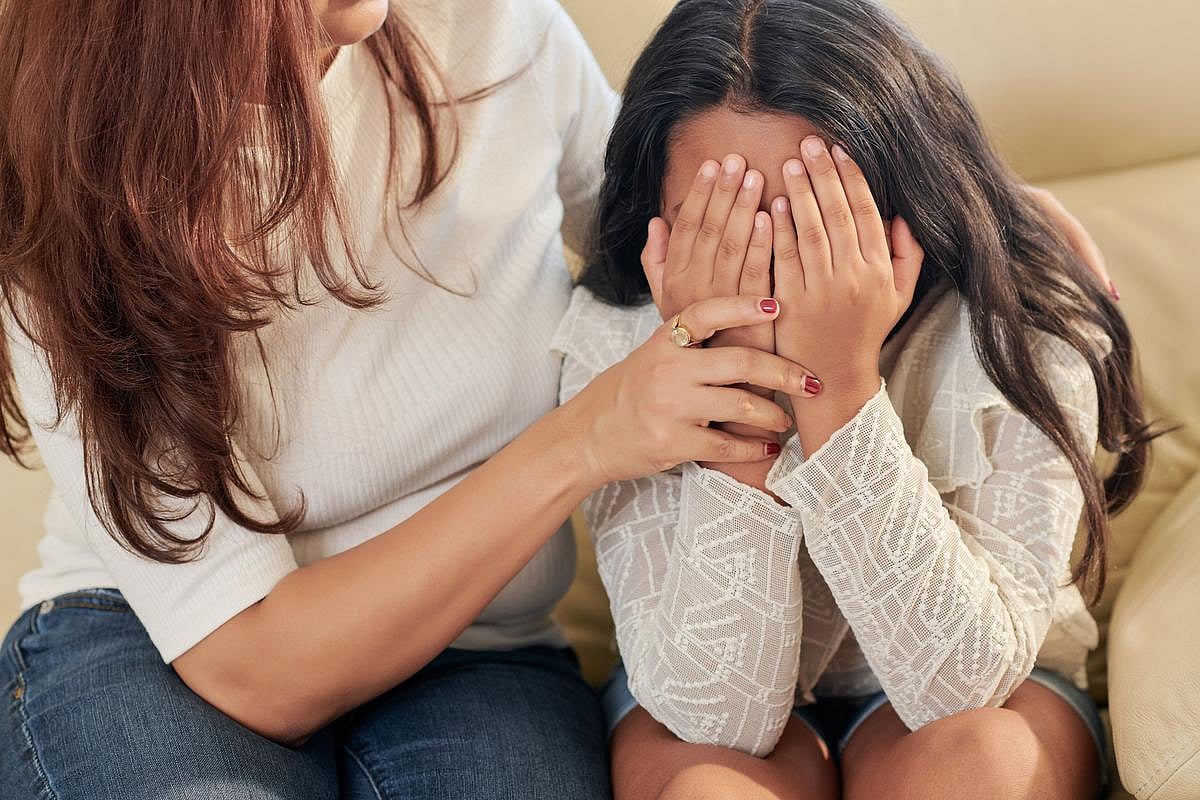Call to schedule your appointment!
Support your immune system with Vitamin D, Zinc, and Vitamin C. We offer a variety of supplement brands and can special order items for next-day delivery!
Are you considering changing your Medicare Drug plan for 2025?
Many plans may not be available in your area, please give us a call to schedule a Medicare Plan Comparison review to make sure you get the best plan for you!
Manténgase sano!

- Posted October 30, 2024
1 in 3 U.S. Teens Say They've Been Bullied
Bullying among American teens remains a big threat, with more than a third (34%) saying they've been bullied over the past year, new government data shows.
According to the report's authors, bullying occurs when a person is "exposed to aggressive behavior repeatedly over time by one or more people and is unable to defend themself."
The new report, from the U.S Centers for Disease Control and Prevention, is based on answers given by young Americans ages 12 to 17 to a federal youth health survey conducted between mid-2021 and the end of 2023.
Girls were more likely to report being bullied than boys, with rates of 38.3% and 29.9%, respectively, according to a team led by Amanda Ng, a researcher at the CDC's National Center for Health Statistics (NCHS).
Bullying rates did seem to subside a little as kids aged.
While 38.4% of youth ages 12 to 14 said they'd experienced bullying over the past year, that was true for only 29.7% of teens ages 15 to 17, the report found.
But one group was hit especially hard by bullying: LGBTQ+ kids. The CDC data shows that almost half (47.1%) of sexual or gender minority teenagers say they've been bullied over the past year.
"Previous research shows being bullied is associated with long-term psychological impact to well-being and poor mental health outcomes," Ng and her colleagues noted.
The new data backs that up: Anxiety rates are much higher among kids who say they've faced bullying (29.8%) versus those who have not (14.5%).
Self-reported depression rates were also much higher among the bullied versus non-bullied, at 28.5% and 12.1%, respectively.
The bottom line, according to the study authors: "Bullying victimization during childhood and adolescence has life-long consequences and is a public health issue of national concern."
The findings were published Oct. 30 in an NCHS Data Brief.
More information
Find out more about how to help your child deal with bullying at stopbullying.gov
SOURCE: NCHS Data Brief, Oct. 31, 2024







